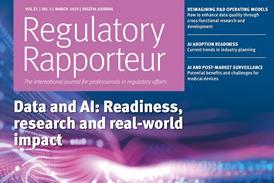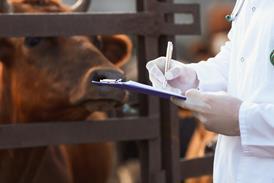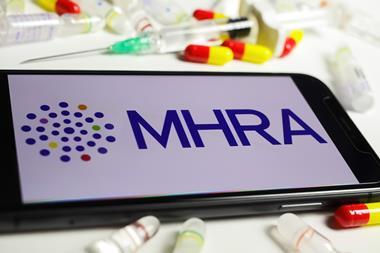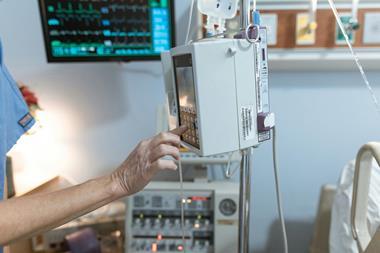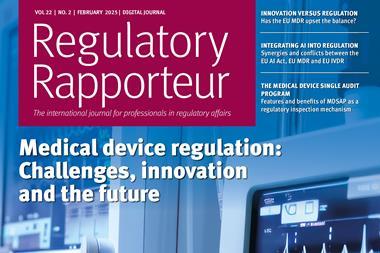The FDA has approved a hand-held device that uses an artificial intelligence (AI)-powered algorithm to detect skin cancer.

DermaSensor uses light to help identify the presence of cancer in moles or other skin lesions which have previously been assessed as suspicious.
When brought into contact with a lesion, the device’s tip reflects and records bursts of light to determine the lesion’s cellular and sub-cellular content. The device uses ‘elastic scattering spectroscopy’ which examines the way in which photons of light scatter when reflected off cellular structures. Malignant lesions have different cellular and sub-cellular structures when compared with benign lesions, and light scatters differently between the two structures.
The reflected light is then analysed by an AI-powered algorithm, trained on data from more than 20,000 scans of benign and malignant skin lesions, which determines on the spot whether the suspicious lesion is malignant.
In a study involving more than 1,000 patients, the device demonstrated 96% sensitivity to malignant lesions across 224 types of skin cancer. In the negative protocol to confirm if a lesion was benign, it recorded 97% accuracy.
A supporting study involving 108 general practitioners (GPs) showed that the device helped reduce the number of missed cancer diagnoses from 18% to 9%.
“We are entering the golden age of predictive and generative artificial intelligence in healthcare, and these capabilities are being paired with novel types of technology, like spectroscopy and genetic sequencing, to optimise disease detection and care,” said Cody Simmons, CEO of Miami-based DermaSensor.
“We are honoured to be the first device cleared by the FDA that provides practicing clinical physicians with an automated tool for evaluation of suspicious lesions,” he added.




